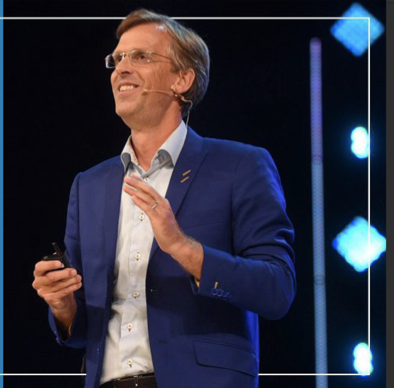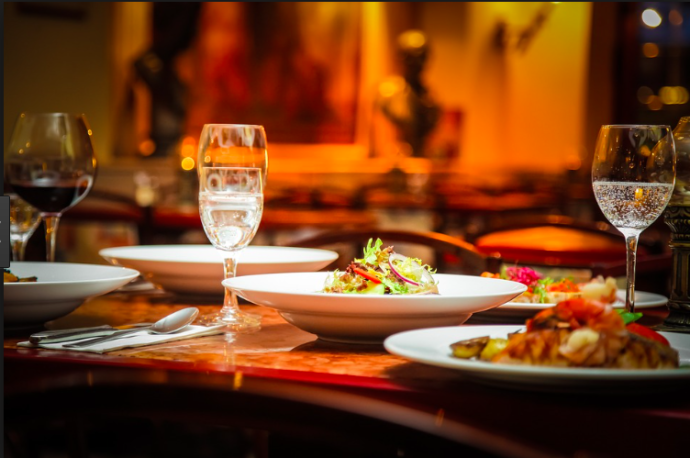
“Isn’t the whole thing of an audience sitting and listening to a speaker on stage pretty outdated? If you want an inspirational speech you can find them on YouTube.”
So read an email I recently got and the person went on to say that conferences instead should focus on getting people together in small groups like dinner parties etc.
This was an email from a person whos views I normally respect a lot, I totally understand the idea that the Internet with TED.com and other sites has changed the landscape for speakers, but this time I think the person who wrote this is wrong.
I am 100% sure that the keynote speaker is not dead
I actually think we are living in the golden age of the keynote.
But I also think that speakers need to understand that delivering a keynote in the 21st century, where you can find 10,000 of the best and most inspirational speeches in the world online for free means that a speaker needs to deliver something that a YouTube video never can in order to continue to stay relevant.
So what should a keynote speaker do stay relevant and bookable and to not be substituted for a TED.com speech on YouTube?
1) Interact and engage with the audience.
If you just stand on stage and speak with no audience interaction you might as well be on video. Great speakers engage with an audience, interact with an audience, make the audience feel that they are part of the performance. Done right that makes a life speech an experience that a video broadcast can never compete with.
2) Really know your audience.
If you just deliver your boiler plate speech without any changes to the specific audience you might was well show a video. But if you include references, stories and examples that is targeted specifically to the audience you are speaking to then your speech will always have an upper hand over a video speech that, for obvious reasons, can not be targeted specifically to the group it is being shown to.
3) Be entertaining.
If you are giving an uninspiring presentation you might was well show it on video, but if you are funny, inspiring and entertaining then a live performance will always beat a filmed one. (That is why stand-up comedy, musical concerts and musicals etc has not died just because people can now watch stand-up, concerts and shows online for free.
People want to experience experiences live.
Basically: If you are just standing on stage stage delivering an uninspiring presentation, that is not relevant to the audience and where the audience is not engaged then yes, then YouTube might be a competitor to you as a speaker. But if you ask me, then you should be much more worried about your speaking skills than about YouTube.
(I should add that there is a 4th category: Being the “expert” or “celebrity” where the audience gets excited to be in the same room as you are so that they can rub shoulders with you and either come up and ask questions or to take a selfie. Then you can get away with a boring, un-engaging, not relevant “video style” speech because you are in the room as a person before and after the speech. But I would not recommend that as a strategy…
But if you do the three things I mention above in your delivery then I do not think you have anything to worry about, as long as you at the same time are aware that the standard for what a good speech is has gone up during the last few years as people have been exposed to great speeches online. So you better up your game.
I am writing this from Hong Kong where I was the opening speaker for a customer event, where my client had invited some of their most important clients from all over Asia and the middle east to come to the Shangri-La hotel for a 3 days conference. All the other speakers, except for one, where internal speakers and industry experts. I was there as the inspirational external speaker.
Could this customer event have started with the MC going up on stage and saying: “We are going to kick-start this conference by watching a couple of TED.com videos that we hope will inspire you.”?
My answer is: No. Clearly no.
It is called a “keynote speech” because you are there to set the theme of the conference, to give the audience a common knowledge base, to put them in a collective positive mindset, to create a inspiring joint feeling.
To make the group come together around the theme of the conference.
As long as people want to meet other people conferences will be around.
And as long as there are conferences there will be keynote speakers.
Now make sure your keynoting skills are up-to-date and that your delivery is upgraded to the higher demands that people are putting on keynotes due to their increased exposure to great speeches online.
Long live the keynote.

